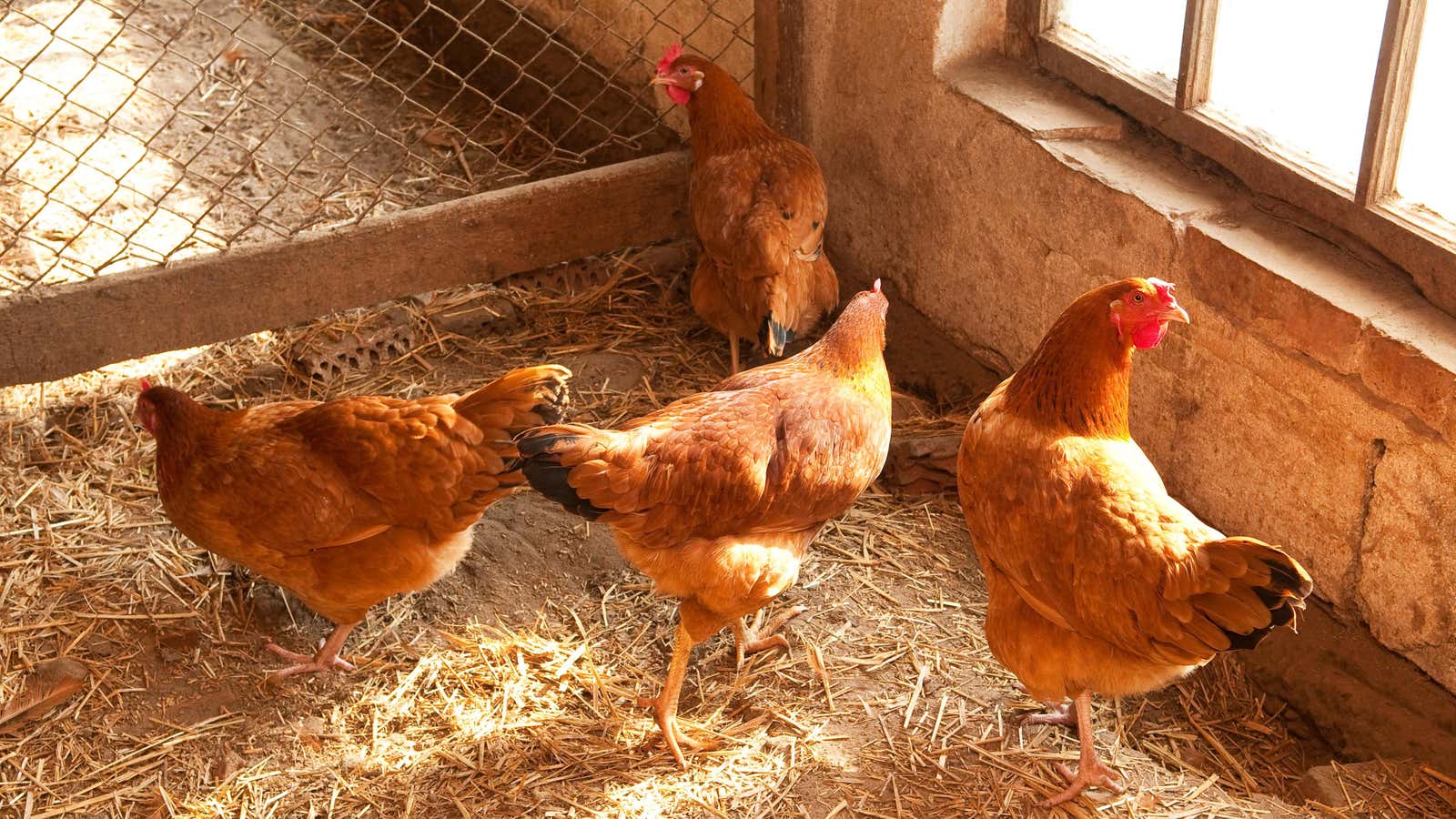How to Raise Chickens Even If You Live in the City

As far as pets are concerned, chickens are incredibly useful: domestic chickens lay eggs, eat food waste and common garden pests, and their excrement can be used for compost. Raising chickens is also a good way for kids to learn where their food comes from and the work involved in getting those eggs to the table. But if you live in a city and don’t have much land, you might think that this is not an option for you, but you could be wrong.
Is it possible to raise chickens in the city?
If you live in a city and want to raise chickens, the first thing to do is check local laws, which may be more lenient than you think. For example, in the city of Houston , where you might think chickens are a big no, you are legally allowed to have up to 30 chickens, as long as your chicken coop is not within 100 feet of a church. school or neighborhood. (You just can’t have a rooster because of the noise.)
However, it is advisable to discuss this with neighbors in advance. Even if it’s legal, it’s polite to at least warn them (and promise to give them fresh eggs).
Have a dedicated chicken coop
If you are going to raise chickens in the city, you will need a special chicken coop , which will have a place where they can roam, and a place upstairs where they can settle down for the night. A chicken coop not only gives them a special place to lay their eggs, but also protects them from predators . The types of predators you need to worry about differ between the city and the countryside – think rats, raccoons, hawks, dogs, or even humans – but they do exist.
If you want your chickens to be able to roam around a bit (and eat pests from your garden), you’ll need a high fence to keep them from running away from your yard, and it’s best to only let them out for short periods of time. time, for example, in the evening when you are nearby.
Chickens need fresh food and water, as well as a clean coop.
When it comes to keeping your chickens healthy and happy , they need fresh feed and water, as well as a clean coop to help prevent the spread of any diseases. Ideally, they should be given fresh food and water every day, although there are some feeders that will allow you to replenish your food supply every week. In addition to chicken feed, chickens will eat fruit and vegetable scraps, bread, and insects.
You should clean and disinfect your food and water containers regularly, about once a week or so. Fresh water is especially important in summer, as chickens are prone to overheating. In a chicken coop, hay should be changed about once or twice a week, and deep cleaning done twice a year.